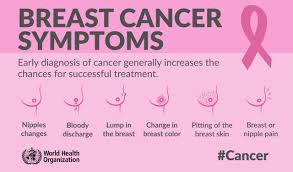
Age and Breast Reconstruction: Study Highlights Impact on Surgical Outcomes and Patient Satisfaction
A groundbreaking study published in the January issue of Plastic and Reconstructive Surgery sheds light on the influence of age on surgical outcomes and patient satisfaction for individuals undergoing breast reconstruction after mastectomy. The research underscores the complex interplay between age, surgical complications, and patient-reported outcomes (PROs), offering valuable insights for both patients and surgeons.
The study, led by Minji Kim and colleagues from the Memorial Sloan Kettering Cancer Center in New York City, analyzed data from 4,730 patients who underwent breast reconstruction following mastectomy. The retrospective analysis compared two popular reconstruction methods: autologous breast reconstruction (ABR) and implant-based reconstruction (IBR). Of the participants, 32.5% opted for ABR, while 67.5% chose IBR.
The researchers found that older age was significantly associated with a higher risk of specific surgical complications such as mastectomy skin flap/nipple necrosis, infections, and seromas. These findings underscore the need for heightened vigilance and tailored surgical planning for older patients undergoing breast reconstruction.
The study also explored how age influenced PROs across several domains of the BREAST-Q, a widely used tool to measure patient satisfaction and quality of life after breast reconstruction. While older age was linked to lower satisfaction with breasts, it was associated with higher scores in psychosocial well-being, suggesting enhanced emotional resilience and social adaptation. Interestingly, no significant correlation with age was observed in the physical well-being of the chest or sexual well-being domains.
A detailed analysis of ABR and IBR subgroups revealed distinct patterns of complications and PROs. These findings highlight the importance of individualized patient counseling and surgical planning based on the chosen reconstruction method and patient’s age.
The authors emphasize the importance of informed decision-making for older patients considering breast reconstruction. “Older patients should be informed about the potential associated risks and anticipated PROs,” the study concludes. “Surgeons and patients can also use our findings to optimize older patients' postoperative satisfaction.”
This study provides critical insights for clinicians and patients alike, paving the way for more personalized approaches to breast reconstruction that account for the unique challenges and needs of older individuals.